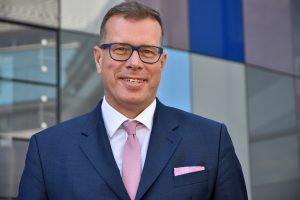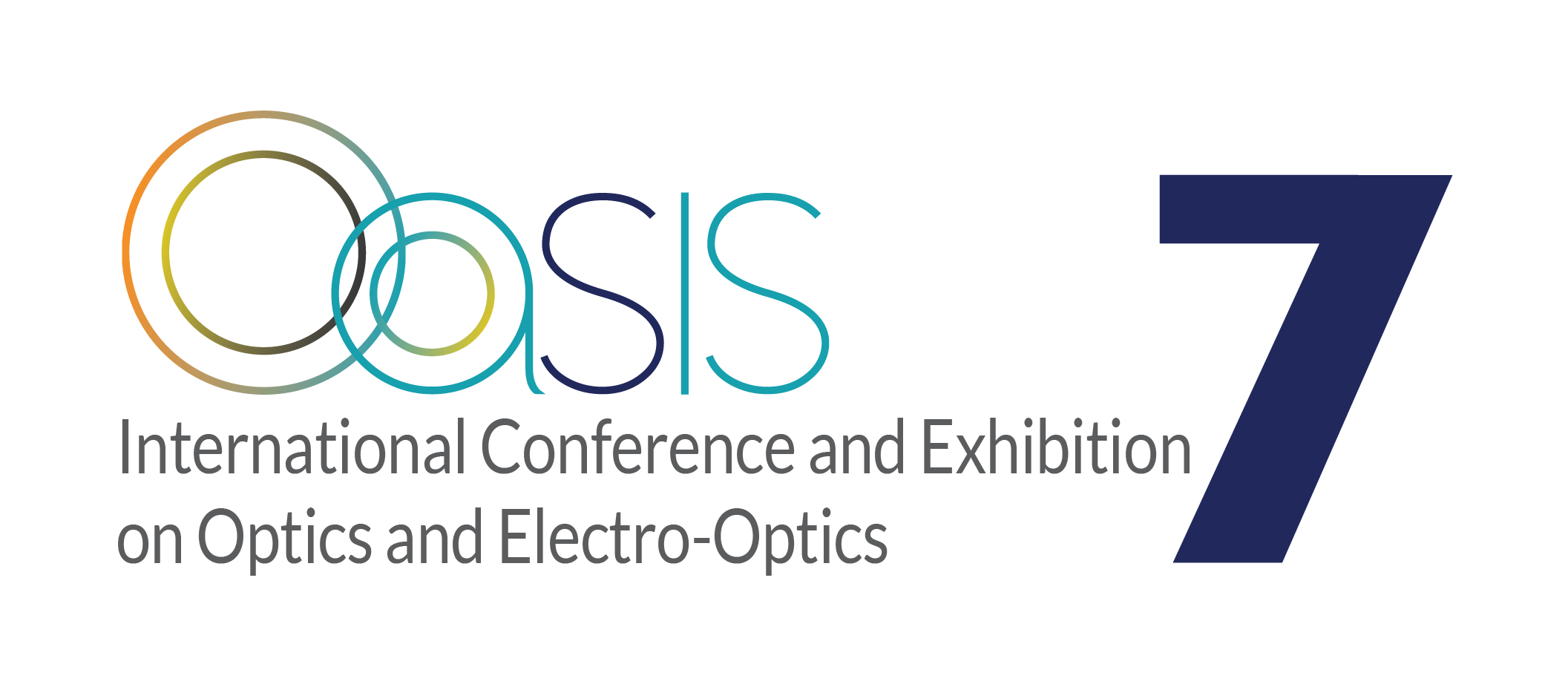
Prof. Andreas Tünnermann
Institute of Applied Physics, Abbe Center of Photonics, Friedrich Schiller University
Fraunhofer Institute for Applied Optics and Precision Engineering, Center of Excellence in Photonics
Jena, Germany
Lecture Title: Prospects in Power Scaling of Coherently Coupled Fiber Lasers and Amplifiers
Andreas Tuennermann was born in Ahnsen, Germany, on June 10th, 1963. He received the diploma and Ph.D. degrees in physics from the University of Hannover in 1988 and 1992, respectively. His Ph.D. work was focused on nonlinear processes with emphasis on the interaction of high intensity laser sources with matter for the generation of short wavelengths lasers. In 1997 he received the habilitation for his work on ultrastable light sources for interferometric gravitational wave detectors.
He was head of the department of development at the Laser Zentrum Hannover from 1992 to 1997. In 1994 he has become the national scientific coordinator for the development of solid state lasers within the LASER 2000 program. In the beginning of 1998 he joined the Friedrich-Schiller-University in Jena, Germany as a Professor and Director of the Institute of Applied Physics. In 2003 he became the Director of the Fraunhofer Institute of Applied Optics and Precision Engineering in Jena.
His main research interests include scientific and technical aspects associated with the tailoring of light. Research topics are the design and manufacturing of novel micro- and nanooptical photonic devices using high-end microlithography and its application for generation, amplification, steering and switching of light.
In particular, his work on high power diode pumped fiber and waveguide lasers is widely recognized. This work has become already strong impact on novel developments in solid state laser technology. Pioneering work has been done by Andreas Tuennermann in utilizing high power femtosecond lasers for materials processing. In collaboration with his coworkers he demonstrated new prospects for a precise microstructure technology. Due to the rapid progress in this field, nowadays one starts to think about “real world” industrial applications of those lasers.
Professor Tuennermann is member of the German Physical Society, the Optical Society of America and SPIE. His research activities on applied quantum electronics have been awarded with the Roentgen-Award 1997, WLT-Award 1998, Otto-Schott-Award 2003, Leibinger Innovation Award 2004 and the Gottfried-Wilhelm-Leibniz-Award 2005.Most recently, he received the ERC-Grand of the EU.
